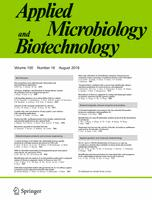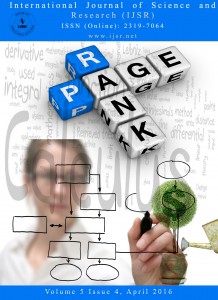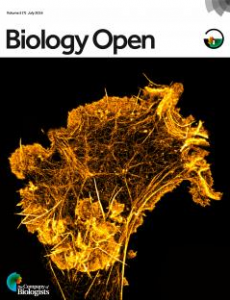 A biologist in New Jersey has retracted two more papers, bringing his total to eight retractions, following a finding by the U.S. Office of Research Integrity (ORI).
A biologist in New Jersey has retracted two more papers, bringing his total to eight retractions, following a finding by the U.S. Office of Research Integrity (ORI).
The analysis of the work of John Pastorino, previously a cell biologist at Rowan University, in Glassboro, concluded that he had doctored more than 40 images, resulting in a five-year funding ban.
The report flagged eight published papers (and an unpublished one), six of which had already received expressions of concern (EOCs). Nataly Shulga was a co-author on all eight papers. With these two new retractions in Biology Open and Biochimica et Biophysica Acta (BBA) – Bioenergetics, all of the flagged papers have now been retracted.
Here’s the retraction notice for the Biology Open paper, issued July 15:
Continue reading Biologist with five-year funding ban earns 7th and 8th retractions

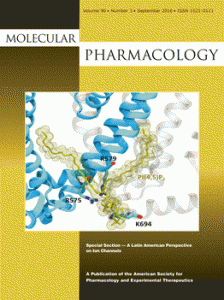

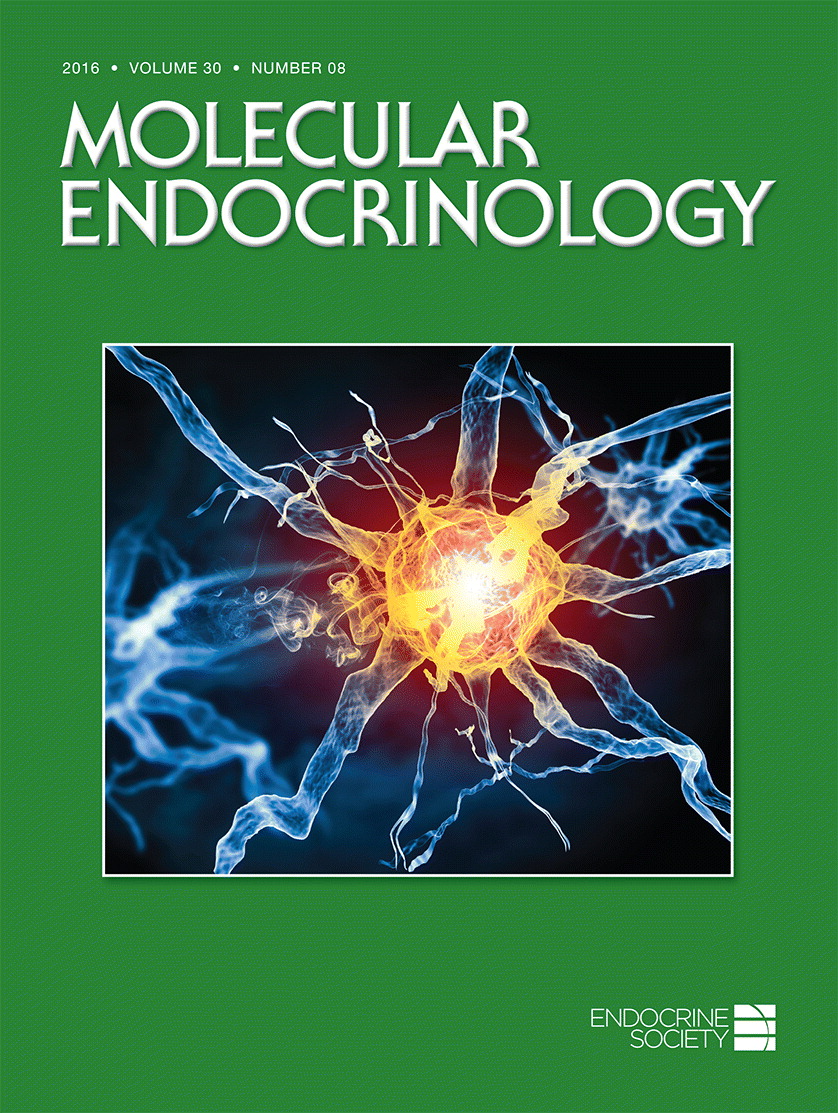 A research fellow at Harvard Medical School
A research fellow at Harvard Medical School 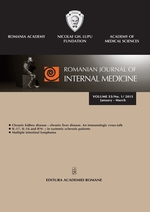
 A journal has retracted a paper for a somewhat unusual reason — and swapped the article with an entirely new paper by different authors.
A journal has retracted a paper for a somewhat unusual reason — and swapped the article with an entirely new paper by different authors.